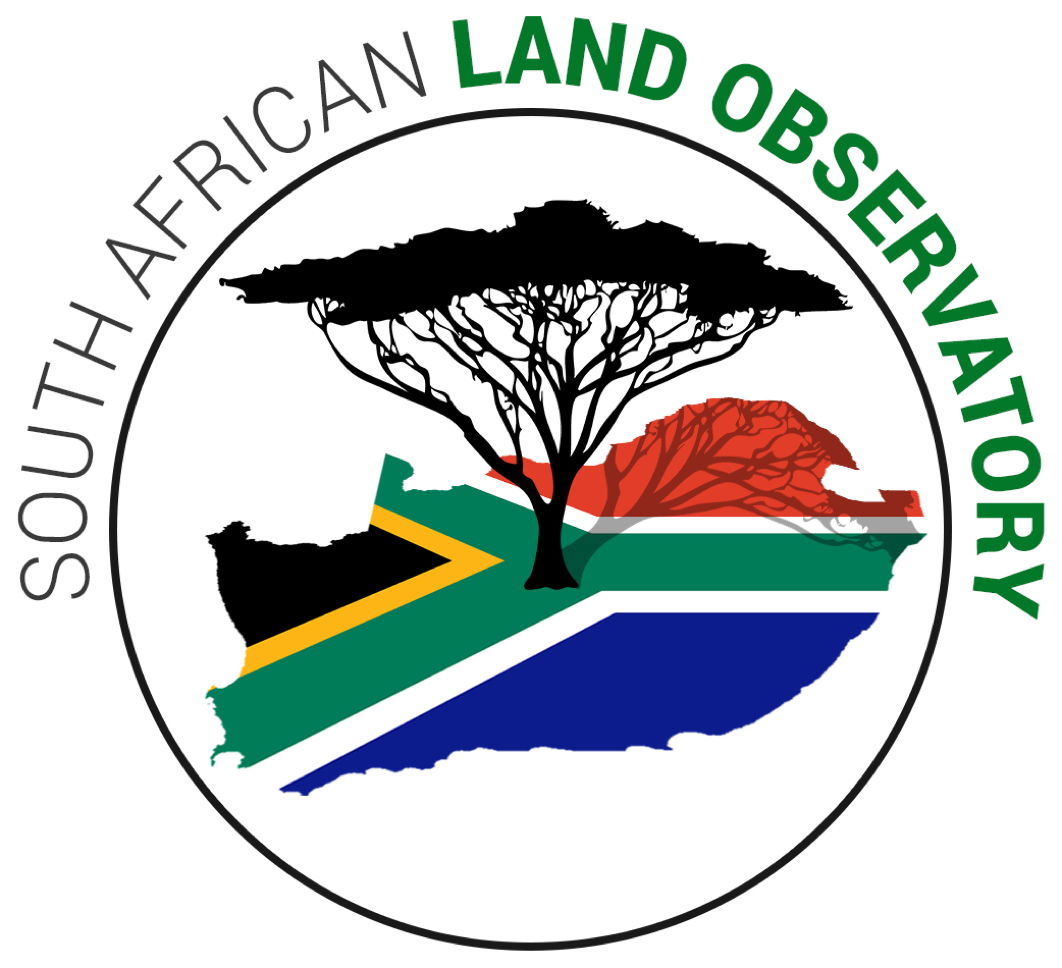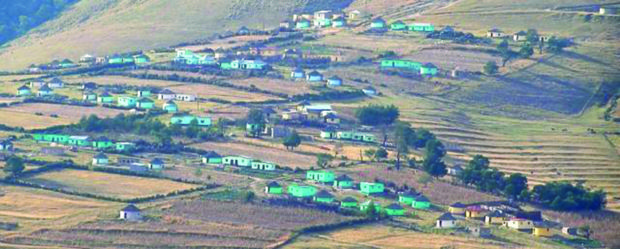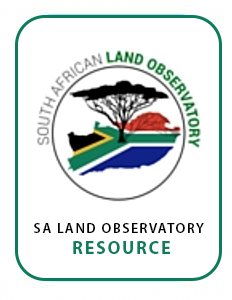Location
The South African Land Observatory is an initiative whose overall objective is to promote evidence-based and inclusive decision-making over land resources in South Africa. As its name ‘Observatory’ suggests, it collects data and information on land. The initiative is a repository of what is published on land in South Africa and on the events that take place around land in South Africa. In addition, it makes user-friendly land-based information available to all stakeholders with the aim of creating an informed land community in South Africa, through facilitating access to data, information and networking. It is, most importantly, a one-stop help desk for the land community to debate the pressing questions of land ownership and land use in South Africa.
Members:
Resources
Displaying 26 - 30 of 110Legal empowerment of the poor through property rights reform
Land registration and titling in Africa has been seen as a means of legal empowerment of the poor that can protect smallholders’ and pastoralists’ rights of access to land and other landbased resources.
Land Reform and Conflict in South Sudan: Evidence from Yei River County
Following South Sudanese independence in 2011, land reform became a major aspect of state building, partly to address historical injustices and partly to avoid future conflicts around land. In the process, land became a trigger for conflicts, sometimes between communities with no histories of “ethnic conflict.” Drawing on cases in two rural areas in Yei River County in South Sudan, this paper shows that contradictions in the existing legal frameworks on land are mainly to blame for those conflicts.
Land rights: What people want
In South Africa, policies of separate development and restrictions placed on capital expenditure imposed on the lands occupied by the indigenous people during the colonial era prevented the state from implementing the cadastre in the communal areas of the country. The status quo persists to this day, which has resulted in a dual system that promoted investment in areas where private property rights were permitted, but relegated the traditional communities into poverty and disinvestment
Effects of land use change on streamflow and stream water quality of a coastal catchment
This study aimed to link land cover/use change to water quality in an important water supply coastal catchment. The approach followed a spatial and temporal analysis of historical catchment land use change to assess how changes influenced water quality and river flow in the Touws and Duiwe Rivers, southwestern Cape, South Africa. Each sub-catchment has unique characteristics which influence land use and water quality and the purpose was to analyse each one separately.





